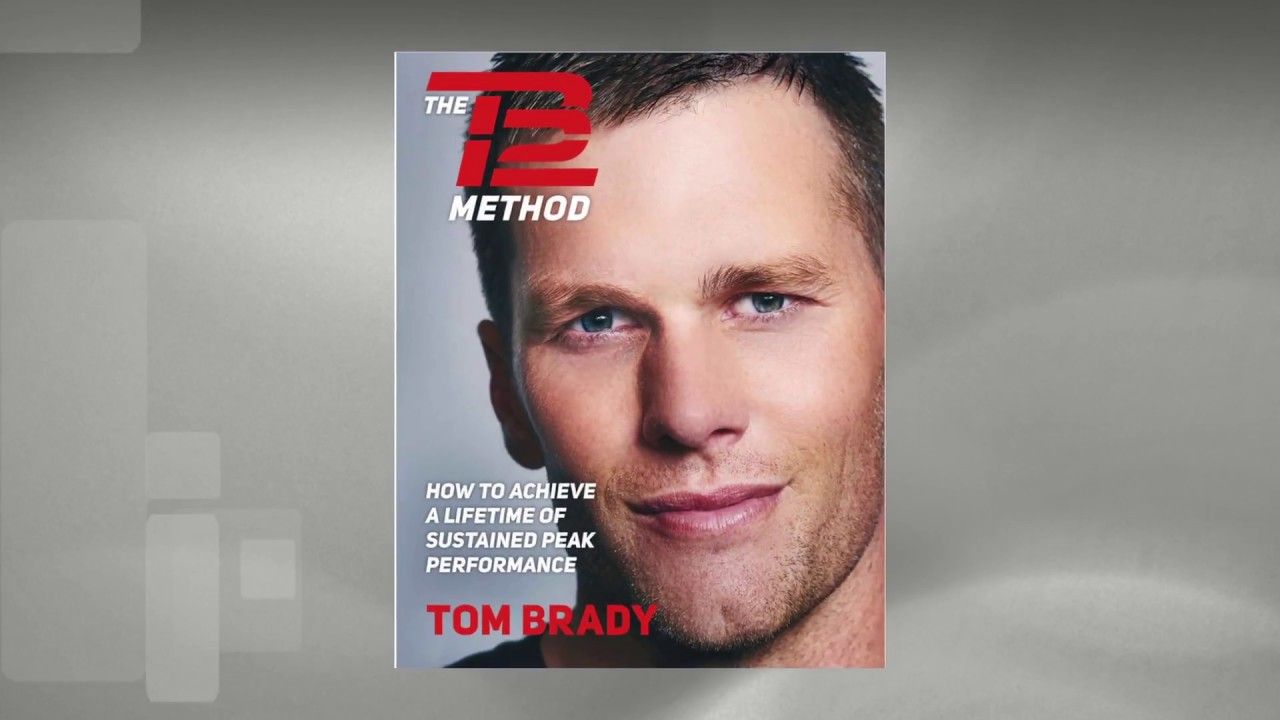“How healthy are clones? What about clones of clones?”
This seems like a pretty silly way to go about testing this. I’d clone like 1,000 to 10,000 mice and track them down generations to see if there was anything abnormal. Then, 1,000 cloned rats. And, finally clone 100 monkeys.
In the 1996 film Multiplicity, Michael Keaton plays an overworked construction worker who gets cloned so that he can spend more time with his family. Eventually his clone gets cloned, but this clone is defective, with a low IQ and weird personality. As might be expected, the movie was a total flop at the box office*.
Silly as it was, the movie does raise an interesting question: How healthy are clones? What about clones of clones?
Dolly the sheep, the world’s first cloned animal, died young at the age of six. This, along with other data, suggested that cloned animals may not be entirely healthy, specifically that they may have shorter lifespans. However, a follow-up study that examined 13 cloned sheep concluded that cloning had “no obvious detrimental long-term health effects.”









Comments are closed.